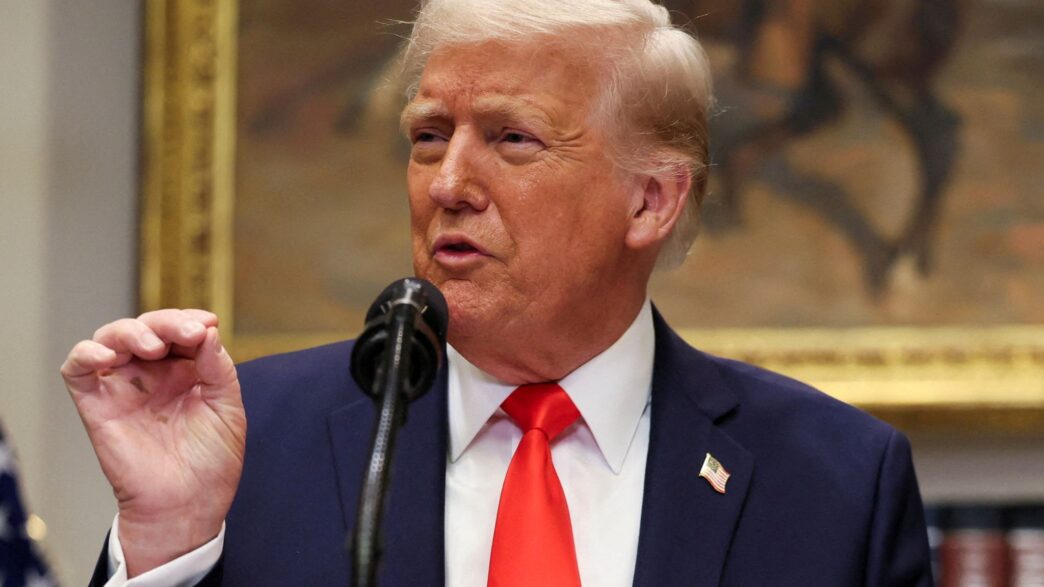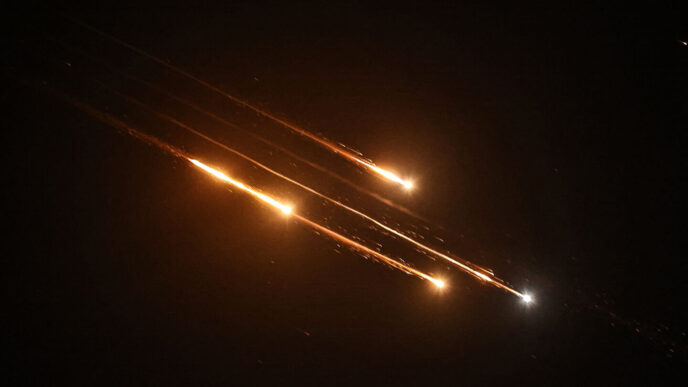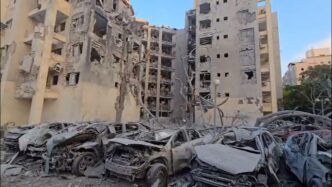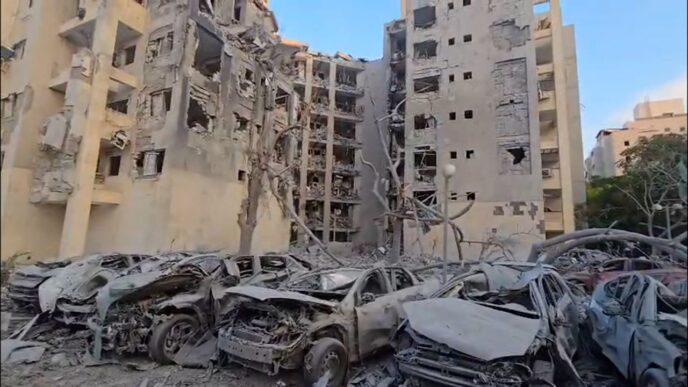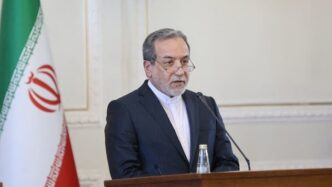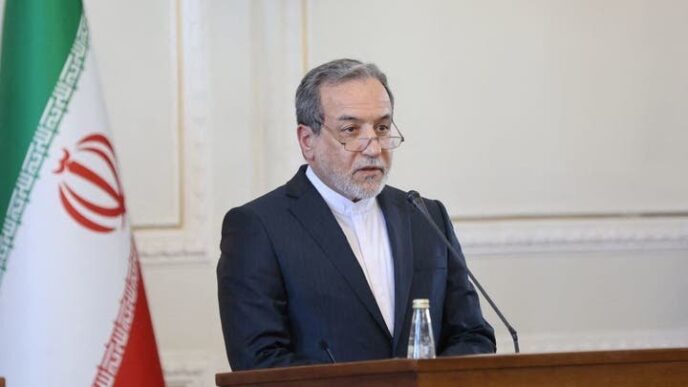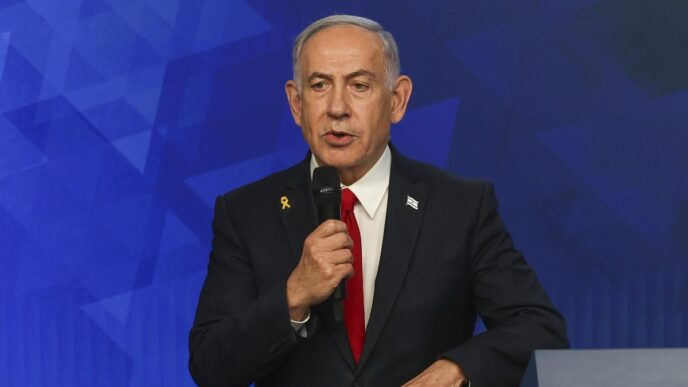U.S. President Donald Trump has hinted at the possibility of regime change in Iran following airstrikes he claims destroyed Iranian nuclear sites.
Trump made the comments on Sunday night, June 22, via a social media post, stating that the bombings caused “monumental damage,”with most of the destruction occurring “far below ground level.”
He concluded with: “Bullseye!!!”
This statement has added confusion to the U.S. stance on Iran, especially after top American officials previously ruled out regime change as a goal.
Trump’s remark that Iranian leaders must “make Iran great again” or face potential regime change has stirred concern worldwide, particularly in the Middle East.
Meanwhile, U.S. officials have tried to ease growing fears.
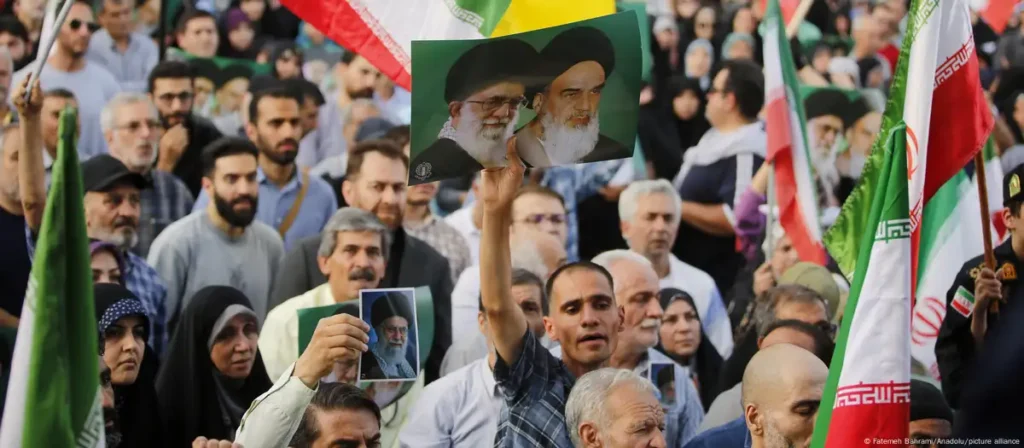
Defense Secretary Pete Hegseth insisted the strikes were focused only on Iran’s nuclear program.
“This was not and has not been about regime change,” he said.
Vice President JD Vance added, “We’re not at war with Iran, we’re at war with Iran’s nuclear programme.”
Secretary of State Marco Rubio echoed that sentiment, saying the U.S. is “not looking for war in Iran.”
The operation, codenamed Operation Midnight Hammer, involved heavy airstrikes using GBU-57 “bunker buster” bombs and Tomahawk cruise missiles.
While Trump described the result as an “obliteration” of the sites, U.S. military leaders have not confirmed the full extent of the damage.
General Dan Caine, Chairman of the Joint Chiefs of Staff, acknowledged that officials are still evaluating Iran’s remaining nuclear capacity.
However, the International Atomic Energy Agency (IAEA) stressed that they are not yet in a position to verify Trump’s claims.
IAEA Director Rafael Grossi noted, “At this time, no one, including the IAEA, is in a position to assess the underground damage at Fordow.”
Iranian President Masoud Pezeshkian accused the U.S. of supporting Israel’s military operations and promised a response.
In response, Iran’s parliament reportedly approved a potential move to block the Strait of Hormuz, a key oil trade route.
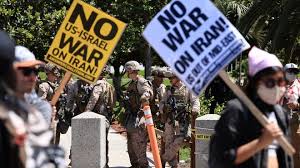
The final decision will come from the country’s Supreme National Security Council.
Meanwhile, France is preparing military aircraft to evacuate its citizens from Israel.
Over 4,500 inquiries have already been made by French nationals seeking help.
The Philippines will begin repatriating its citizens, and Australia has reported more than 3,800 requests for assistance from citizens in both Iran and Israel.
Airlines are also reacting quickly to the unrest. Air France-KLM canceled flights to Dubai and Riyadh, while British Airways canceled routes to Dubai and Doha, citing the need to reevaluate safety.
The ripple effects of this new development have already begun impacting oil prices, air travel, and diplomatic relations

